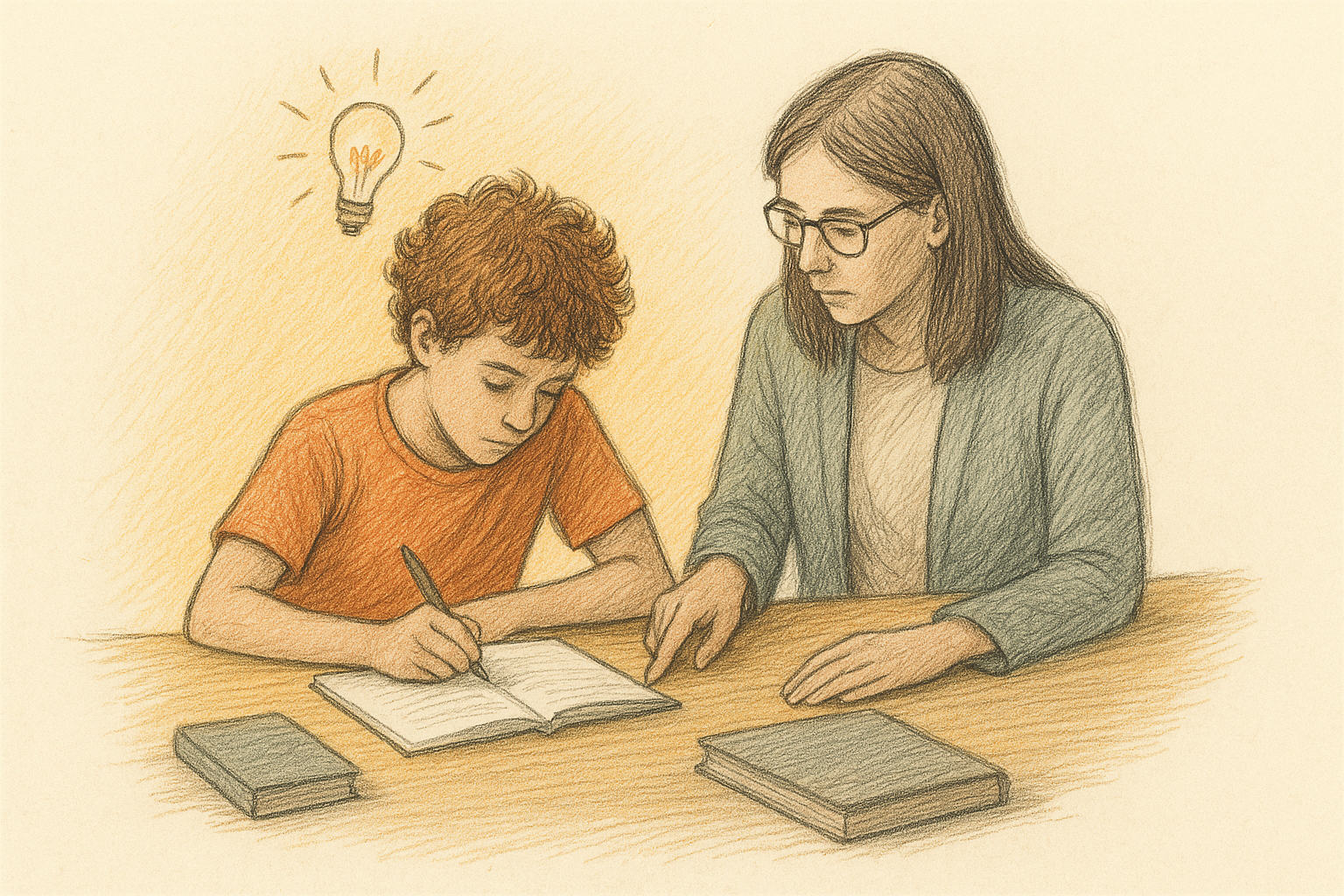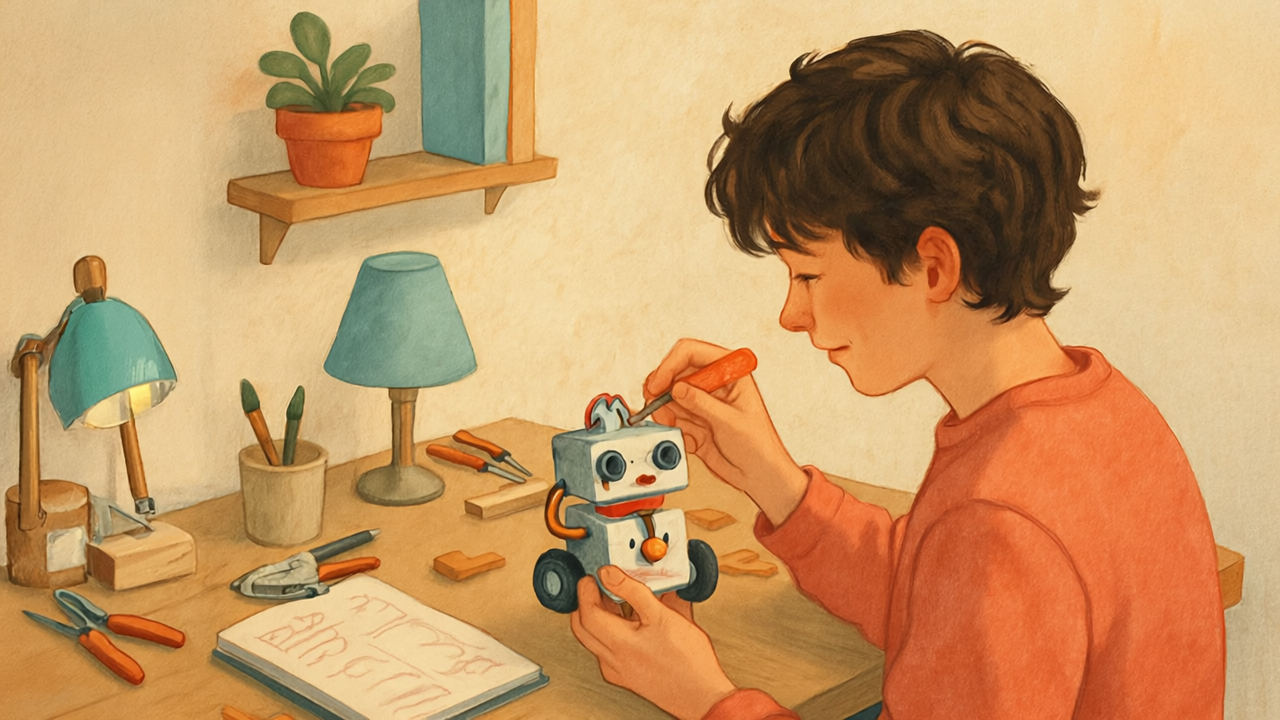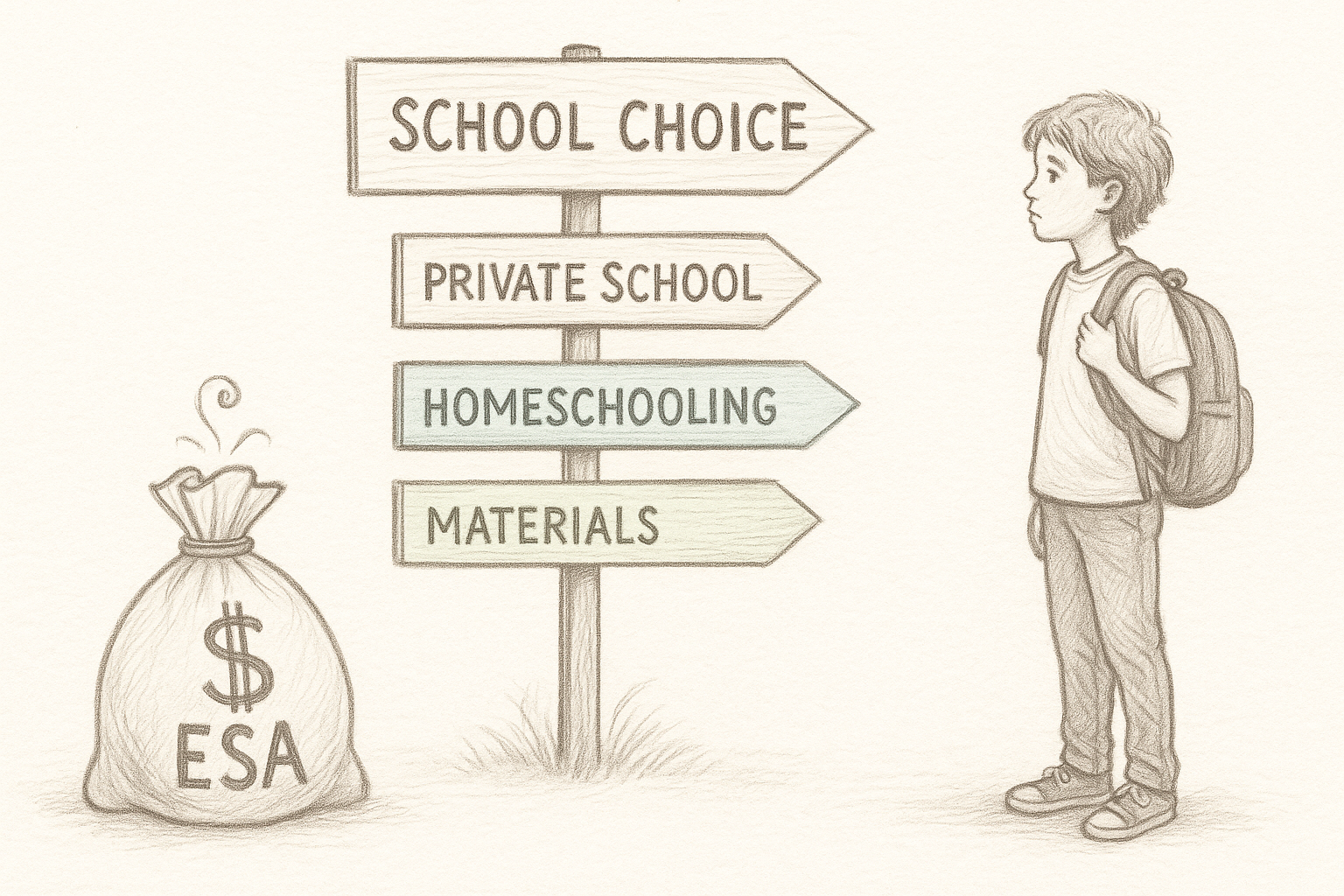It’s that time of the year when parents and siblings gather in the pouring rain to celebrate their family members’ graduation, and sit through speeches that follow a fairly typical, and boring, arc: the world is your oyster, go forth and prosper, etc., etc. But, sometimes, graduation speakers nail it and share some nuggets of true wisdom that are not just valuable to an 18 or 22 year old; but hit at the heart of why things matter. Here are some of our favorite all-time speeches.
Wait, What?
In 2016, at the Harvard Graduate School of Education, then dean James Ryan gave a simple, funny speech on the five essential questions that lead to a well-lived life. He begins (around minute 18 of the speech, though everything before is great, too) with a question that he hears from his teenage kids all the time, often when he asks them to do something, which is: “Wait, What?”
Although hilarious—Ryan delivers the phrase like a teenager who only hears their father saying, “blah, blah, blah, blah, I want you to clean your room”—but this is a key question to be asking first. Wait, what? Seeks clarification before it posits an answer, and the wait suggests that getting clarification, and therefore understanding, takes time.
Ryan goes on with four more essential questions, which we’ll grid out here:
| Phrase | Purpose |
|---|---|
| Wait, what? | To clarify and truly understand |
| I wonder…? | To stay curious: “I wonder why…” or “I wonder if…” |
| Couldn’t we at least…? | To create momentum: start somewhere, even if imperfect |
| How can I help? | To offer meaningful support without assuming |
| What truly matters? | To ground action in values and priorities |
And then he finishes the speech with a bonus question, derived from a Raymond Carver poem, that is truly magical.
This speech went viral, and Ryan went on to develop it into a book.
This is Water
In 2005, at Kenyon College, the writer David Foster Wallace gave a stunning speech called This is Water, which draws on the parable of the fish and water. It goes like this: Two young fish are swimming along when they pass an older fish who says, “Good day boys. How’s the water?” They swim on a few moments, then turn to each other and ask, “What’s water?”
Wallace goes on to describe how, as adults, these graduates will find themselves swimming in their own water of mind-numbing regularity, job stress, mundanity, boredom, and frustration—all the stuff of just being a normal, hard-working adult—and that they will experience all of this through their own lens, with themselves at the center of the action. This will present them with a choice. They can just experience it through the default setting of “I am the center of everything,” or they can choose to be less self-centered, less close-minded, and get less lost in their own heads.
The true value of education, Wallace says, is that it allows us to look around ourselves, recognize the outside world, other people, and the weight of history, and name it for what it is: “This is water.”
For him, learning how to think means learning how to exercise some control over what you think.
Context and Circumstance
In 2015 the writer Chimamanda Ngozi Adichie gave the commencement speech at Wellesley College (text), in which she told a variety of stories that are linked by the idea of how we inherit dogmas, modes of thinking, and other structures that shape the world around us. The problem is that these dogmas don’t reflect the “nuances of difference” that surround us in everyday life.
For example, she shares the story of how her mother, the first female registrar at the University of Nigeria, once chaired a meeting and the nametag at her seat said “Chairman.” And, when the organizer apologized and tried to change it to Chairperson, her mother asked to leave it. “She didn’t want anybody to think that what she was doing in that meeting at that time on that day was in any way different from what a CHAIRMAN would have done.”
When Adichie shared this story with a feminist friend, that friend complained: “Why would your mother want to be called a chairman, as though she needed the MAN part to validate her?”
Adichie saw the woman’s point. But, the problem is that this dogma—that a true feminist would never want to be called a Chairman—failed to appreciate the context and circumstance of Adichie’s mother at the moment, in that place.
“Your standardized ideologies will not always fit your life,” Adichie intones. “Because life is messy.”
This speech took place a few years after Adichie’s most excellent Ted Talk “We Should All Be Feminists,” which was then made into a book of the same name, and builds on many of the same themes. https://www.youtube.com/watch?v=hg3umXU_qWc
The final bit about how fitting ourselves into shapes for other people is a waste of time, is absolute gold.
The Use of Death
In his famous speech to Stanford in 2005 (2005 was a good year for commencement speeches) Steve Jobs told three stories.
The first is about how dropping out of college led to the development of the Mac via a wild ride of twists and turns (including an all important calligraphy class) to illustrate the point that you can never connect the dots forward. And, as a result, belief that everything will come together gives one the confidence to follow their heart.
The second story is a version of the famous tale of how he got fired from Apple, the company he founded, went on to build Pixar and NeXT, the latter of which was then bought by Apple and landed him back at the helm of the company for its biggest and brightest periods. Failure, in this story, was a freeing and allowed Jobs to pursue his passions and enter the most creative period of his life.
The last story is about his cancer diagnosis in 2003. This taught him that we’ll all “be dead soon,” which, though morbid, is actually extremely useful because it forces us to focus on what’s truly important. It’s life’s change agent.
The speech ends with Jobs going off on a tangent a bit to share a wonderful phrase that he remembers from the Whole Earth Catalog when it published its last edition in the 1970s, and which made such a strong impression on Jobs that it inspired him throughout his life: Stay hungry. Stay foolish.
It’s this phrase, perhaps, that is best remembered from the speech. But, the stuff before is, arguably, more meaningful and deep, if less quippy.
Be Kind (2025)
And, finally, a gem from this season—Steve Carrell’s speech at the Northwestern commencement just a few days ago in which he treats the crowd to some great jokes, polished sarcasm about current politics, and an articulate defense of kindness. There’s even a dance break halfway through.
Carrell has a couple of key points, including that “envy is an enemy of kindness,” and the directive to “turn your jealousy into admiration and use it to fuel your ambition in a positive way.”
He finishes off with three excellent points of advice, useful to anyone these days:
“Hold the door for people regardless of gender, age or political affiliation.”
“Just dance.”
And, critically, “Don’t use ChatGPT for personal emails. That’s just sad.”






